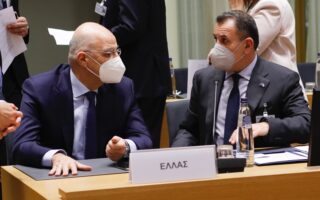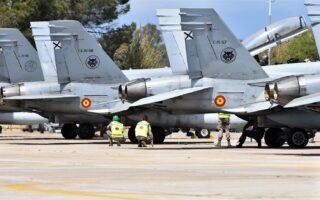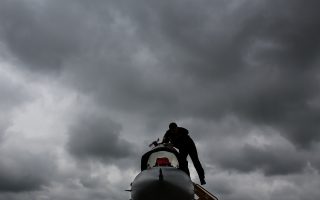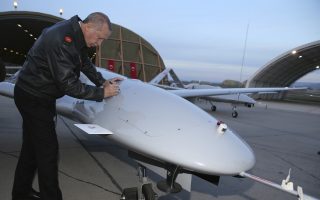Greece bolstering NATO forces in Bulgaria
Athens sending light anti-aircraft units as part of Alliance decision to support its eastern wing
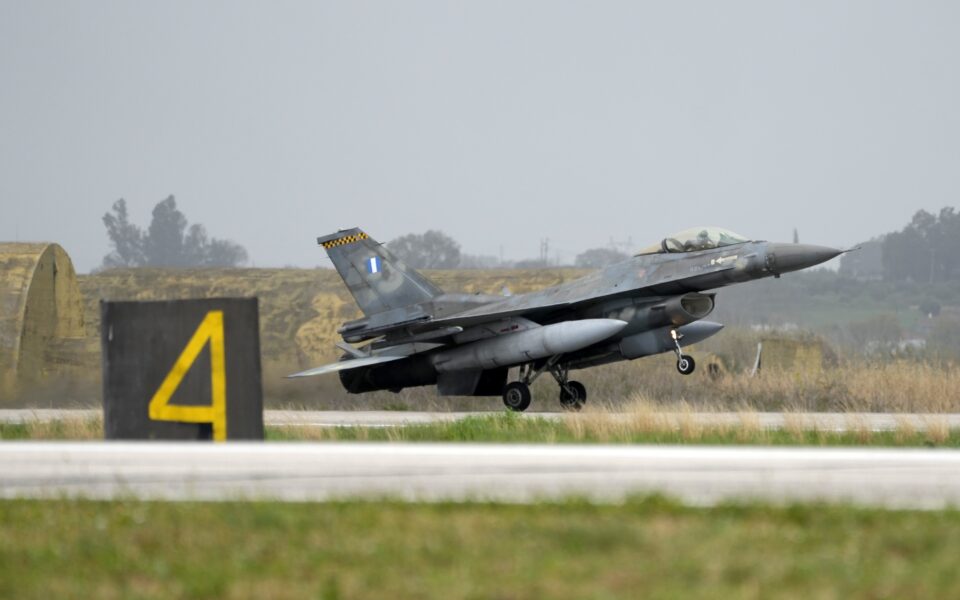
Greece is bolstering NATO forces located in the eastern wing of the Alliance with light anti-aircraft artillery in line with its obligations to contribute to the NATO Response Force (NRF), which was activated immediately after the Russian invasion of Ukraine.
The transfer is largely part of NATO’s central decision to support Bulgaria and Romania, the Alliance’s two main eastern coastal countries in the Black Sea.
The deployment of Greek equipment and personnel to Bulgaria began on Friday and will be completed in the coming days.
More specifically, Greece is dispatching four units of light anti-aircraft systems, such as ASRAD-HELLAS, with their personnel and the relevant command liaisons, which comprise about 30 members of the artillery. ASRAD-HELLAS systems are used by Greece, Germany and Finland and are able to operate under adverse conditions and in difficult terrain. They consist of a Hummer-type vehicle fitted with four Stinger missile launchers. ASRADs can be transported by air if required.
At the same time the transfer of forces to Bulgaria and Romania is continuing through the port of Alexandroupoli in northern Greece.
As Kathimerini had already revealed on March 10, a total of 3,000 American personnel and weapons systems are being transported to and from Romania through Alexandroupoli, including Bradley and M1 Abrams tanks that had participated in the exercise Thracian Cooperation 2022 in Petrochori, Xanthi in mid-March.
Meanwhile, Foreign Minister Nikos Dendias spoke on the phone with his Ukrainian counterpart Dmitro Kuleba on Friday and announced that he hopes to visit Kyiv in the near future.
Earlier, in an interview with Skai, Dendias said that during his meeting with Russian Foreign Minister Sergey Lavrov in February, six days before the war began, he had the impression that his counterpart was unaware of the impending invasion of Ukraine.
Dendias noted that Lavrov referred more to the formation and pressure of the Russian troops on the borders of Ukraine, in order to persuade Kyiv to take specific decisions that Russian foreign policy would like.
Regarding the revisionism pervading the Russian invasion of Ukraine, he said the concept has suffered a severe blow. “Democracies as a whole are opposed to revisionism,” he said.
